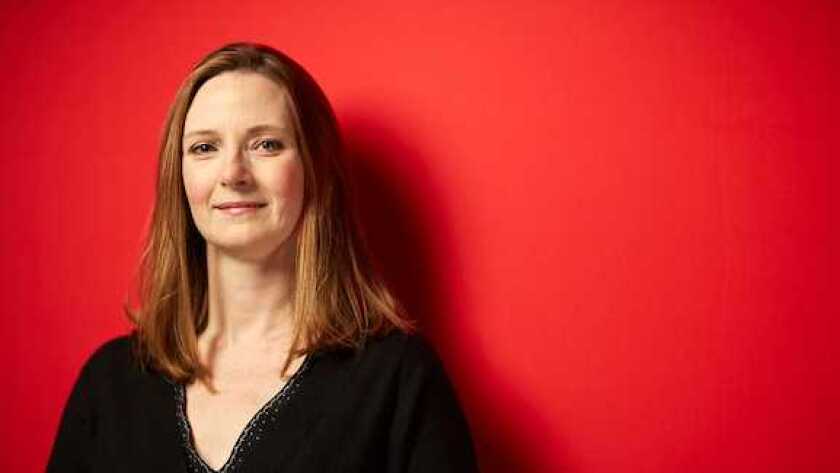Openreach, the wholesale last-mile infrastructure company 100% owned by BT, now has more freedom to charge what it wants for business fibre connections, says Vodafone.
Helen Lamprell (pictured), Vodafone UK’s general counsel and external affairs director, said: “Ofcom has made some fundamental errors.”
She said the policy will “hurt the UK economy” by £230 million over the next 20 months, but will also increase the cost of connecting 5G masts in the UK, all of which will need fibre backhaul. Vodafone launched its 5G services in the UK last month.
TalkTalk is also taking legal action against Ofcom, she added. Capacity has asked Ofcom, Openreach and TalkTalk to comment. A TalkTalk spokesperson told Capacity last night: “We are not providing any comment on this story.” Openreach said today: “We’re not providing any comment. The Ofcom statement is pretty feisty.” Ofcom has not yet responded.
The issue is entirely concerned with business fibre connections in major cities, said Lamprell. Last year Ofcom said it will regulate UK fibre markets geographically. Ofcom says Openreach has significant market power in London with a market share of 61-70%, “but they have ignored that”.
She said Ofcom believes there should be a competitive market for business fibre in urban areas. “Openreach has significant market power based on the taxpayers’ money that built it out [from when BT was a state corporation]. It needs to be regulated appropriately. It totally dominates the market. … It means the ability to compete in the enterprise market is severely restricted.” There are empty ducts in the ground “that could have fibre really quickly”, she added.
Vodafone said that until 28 June, Ofcom tightly regulated services to ensure Openreach could not exploit its continued significant market power to distort competition. It did this by regulating prices so that they had to pass on cost-savings to their customers, the company added.
“However, Ofcom has now changed its approach and is regulating based on what it hopes will happen in the future, rather than based on the evidence of how the market works now.”
It says that Ofcom is hoping others will invest in fibre infrastructure in business centres. “But it doesn’t take into account the considerable barriers to this investment in the face of an incumbent that already has fibre connections to the overwhelming majority of businesses.”
She said Vodafone’s preference is to use its own fibre connections to enterprises, acquired through its purchase for £1 billion in 2012 of Cable & Wireless Worldwide, a company that in 2005 had bought Energis for £594 million. These deals followed a long period of consolidation that saw other companies exiting the market. “The UK model [of enterprise fibre competition] has been fairly unsuccessful to date,” she said.
Lamprell pointed out: “There’s a massive disincentive on businesses to switch because of the potential disruption. Businesses don’t want to switch because of the risk of disruption. We’re massively dependent on Openreach.”
She added: “In our view Ofcom has failed in its regulatory duty. This sets a very bad precedent. … When they ignore their own evidence, that’s when it gets really egregious.”
Vodafone has submitted its appeal to the UK Competition Appeal Tribunal, described as “a specialist judicial body with cross-disciplinary expertise in law, economics, business and accountancy which hears and decides cases involving competition or economic regulatory issues”.
The company expects an initial hearing in four to six weeks and a full hearing in six months, “and a year before the final verdict”, said Lamprell.
In July Ofcom gave Openreach a “good but try harder” assessment. “Overall, real progress has been made implementing the new arrangements, but there is more to be done,” it said.






